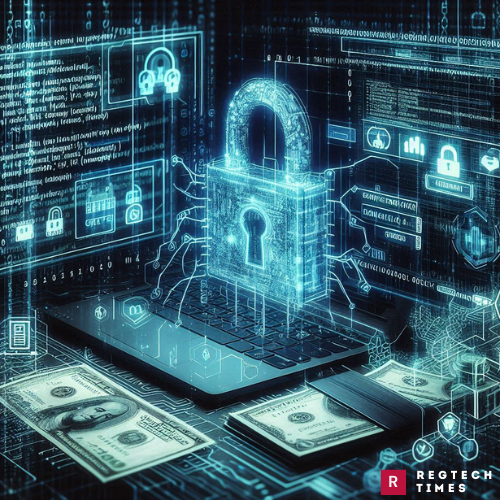In a significant development that emphasizes the pervasive threat of cybercrime in Nigeria, the Federal High Court in Lagos, presided over by Justice Akintayo Aluko, has granted bail to two alleged fraudsters accused of defrauding MTN Nigeria Communications Plc of N1.9 billion worth of airtime and data. The defendants, Timothy Fashina Oluwabukola and Anthony Imonina Odemerho, were arraigned on charges of conspiracy, unauthorized access to MTN’s web-based platform, and unlawful conversion of property.
Allegations Against MTN Hackers
The crux of the allegations against Oluwabukola and Odemerho is their purported illegal access to MTN’s Application Programming Interface (API). Between January and April 2024, the defendants allegedly manipulated authorization keys and passwords to fraudulently obtain airtime and data valued at N1.9 billion. This data was then sold to the public, with the proceeds used for personal gain. The gravity of these charges is amplified by the fact that MTN Nigeria is a major telecommunications provider, making it a high-profile target for cybercriminals.
Legal Proceedings Against MTN Hackers
During the arraignment, the defendants pleaded not guilty to the four-count charge, which includes conspiracy, unauthorized access to a computer network, and unlawful conversion of property. The prosecutor, Justine Enang, asserted that the actions of the defendants violated sections of the Cybercrime (Prohibition, Prevention, etc.) Act, 2015, as amended in 2024, and the Money Laundering (Prevention and Prohibition) Act, 2022.
Enang explained that the defendants, along with accomplices who are still at large, conspired to gain unauthorized access to MTN’s computer systems. By exploiting the API, they were able to siphon off large amounts of airtime and data, subsequently selling these to unsuspecting members of the public. This elaborate scheme not only resulted in substantial financial losses for MTN but also posed significant risks to the integrity of the company’s digital infrastructure.
Bail Conditions for MTN Hackers
Justice Aluko’s decision to grant bail came after careful consideration of the bail applications submitted by the defense. Each defendant was granted bail on a N50 million bond, accompanied by stringent conditions to ensure their compliance and presence throughout the trial process. The conditions include providing two sureties each. One surety must be a civil servant in federal or Lagos State employment, holding at least a grade level 14 position. The second surety must be a landed property owner within the court’s jurisdiction, who must provide verifiable evidence of property ownership and swear to an affidavit of means.
Additionally, the civil servant surety must submit a reference letter from their place of work and a letter confirming their last promotion. The defendants must also provide two recent passport photographs to the court registrar. Importantly, the prosecution is tasked with verifying all documents and residential addresses provided by the sureties, ensuring there are no discrepancies or fraudulent claims.
Implications of MTN Fraud Case and Broader Context
The granting of bail in this high-stakes cybercrime case brings to light several critical issues regarding digital security and the legal mechanisms in place to combat such crimes. The case against Oluwabukola and Odemerho highlights the vulnerabilities that even large corporations like MTN face in the digital age. It also highlights the sophisticated nature of cybercriminal activities, which can result in significant financial losses and damage to corporate reputations.
Moreover, the legal framework used to prosecute the defendants—namely, the Cybercrime Act and the Money Laundering Act—demonstrates Nigeria’s commitment to addressing and mitigating the impact of cybercrime. These laws provide a robust structure for prosecuting offenders and aim to deter future cybercrimes through stringent penalties.
As the case progresses, it will serve as a crucial test of the effectiveness of Nigeria’s legal provisions against cybercrime and the judiciary’s ability to handle complex digital fraud cases. For MTN Nigeria, the proceedings will be closely watched, not just for the potential recovery of lost assets but also for the precedent it sets in protecting digital infrastructures from future attacks.
The bail granted to the alleged MTN hackers, under strict conditions, reflects a balanced approach by the judiciary to uphold the law while ensuring due process. As the trial unfolds, it will shed further light on the intricate details of the fraud and the measures necessary to safeguard against such cyber threats in the future.


